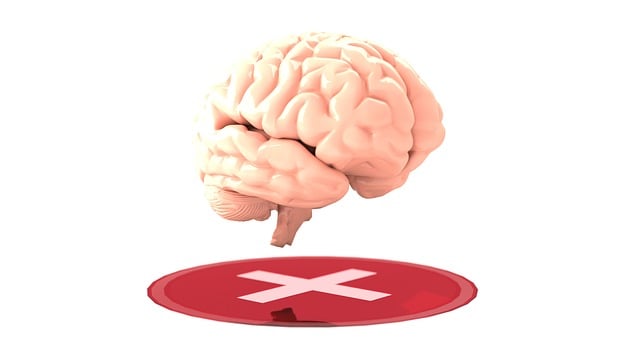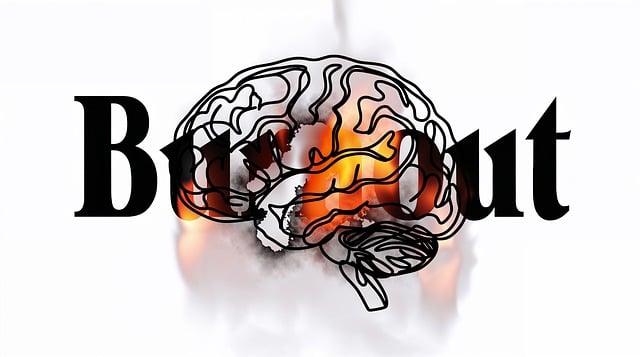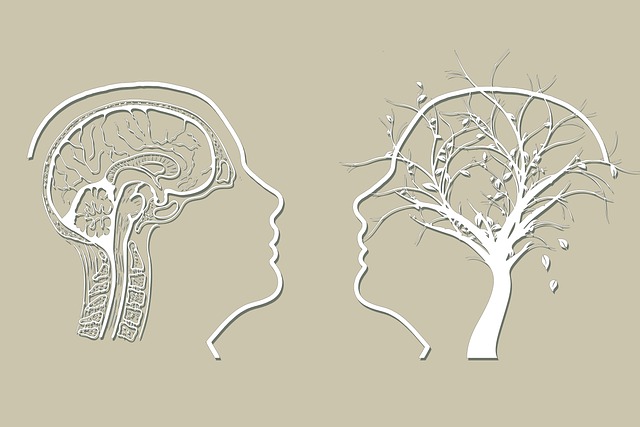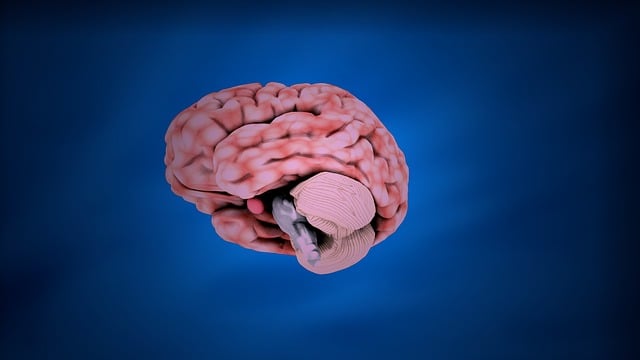Crisis intervention plays a vital role in supporting adolescent teens through emotional distress, incorporating therapy for pain management that addresses unique teen pressures like peer influence and academic demands. Effective intervention includes recognizing both physical and emotional pain, using evidence-based strategies like CBT and mindfulness practices, and creating safe, nurturing spaces to encourage vulnerability and coping skills development. Resources such as the Mental Wellness Podcast Series and advocacy for mental health policies highlight the importance of accessible support systems, including trained professionals and crisis hotlines, for adolescent teens' overall well-being.
In today’s fast-paced world, adolescent teens face unprecedented challenges that can lead to crises. Effective crisis intervention strategies are crucial for guiding them towards healing and recovery. This article delves into essential aspects of crisis support for teens, including understanding their unique needs, identifying pain management requirements, and implementing evidence-based strategies. We explore how to create a safe, therapeutic environment and discuss the importance of tailored guidance in managing teen pain through therapy.
- Understanding Crisis Intervention for Adolescent Teens
- Identifying and Assessing Pain Management Needs
- Evidence-Based Strategies for Effective Support
- Creating a Safe Space: Therapeutic Environment Setup
Understanding Crisis Intervention for Adolescent Teens

Crisis intervention is a critical aspect of supporting adolescent teens, especially during times of intense emotional distress or challenging life circumstances. Understanding crisis intervention means recognizing that teens often face unique pressures, such as peer pressure, academic expectations, and identity formation, which can lead to heightened stress and anxiety. When a teen experiences a crisis, whether it’s related to trauma, severe depression, or an suicidal ideation, prompt and effective intervention is vital for their mental wellness.
Therapy for adolescent teens plays a pivotal role in crisis intervention by providing a safe space for them to express their emotions and work through underlying issues. Pain management techniques, often incorporated into therapy, can help teens cope with acute distress and develop healthier strategies for dealing with challenges. The Mental Wellness Podcast Series Production has highlighted the importance of Emotional Well-being Promotion Techniques, emphasizing the need for accessible resources that guide teens and their caregivers during crises. Additionally, Mental Health Policy Analysis and Advocacy underscore the societal responsibility to ensure adequate support systems are in place, including trained professionals and crisis hotlines, to proactively address adolescent mental health concerns.
Identifying and Assessing Pain Management Needs

Identifying and Assessing Pain Management Needs is a crucial step in crisis intervention for adolescent teens. This process involves recognizing both physical and emotional pain that may be manifesting in various forms, from physical symptoms like chronic headaches or stomach aches to behavioral changes such as withdrawal, irritability, or aggression. Therapists should engage teens in open conversations to understand the root causes of their distress. By exploring their experiences, thoughts, and feelings, therapists can gain insights into the specific pain management strategies that will be most beneficial.
Incorporating techniques for positive thinking and mental wellness is essential within crisis intervention. Encouraging teens to practice mood management skills like mindfulness, deep breathing exercises, or journaling can help them develop healthier coping mechanisms. These practices not only address immediate crisis situations but also equip adolescents with long-term tools to navigate future challenges. A holistic approach that considers both the physical and psychological aspects of pain management is vital for fostering resilience and overall well-being in young individuals.
Evidence-Based Strategies for Effective Support

In the realm of crisis intervention, evidence-based strategies hold paramount importance for delivering effective support to adolescents grappling with pain management issues. Therapy tailored for this demographic must address the unique challenges they face, encompassing emotional turmoil and developing coping skills. By integrating approaches such as cognitive-behavioral therapy (CBT) and mindfulness practices, professionals can empower teens to navigate their struggles. CBT equips them with tools to challenge negative thought patterns and develop healthier perspectives, while mindfulness techniques foster present-moment awareness and emotional regulation.
Moreover, focusing on boosting confidence and encouraging open communication is vital. Adolescents often struggle with self-esteem issues, especially when dealing with chronic pain or significant life changes. Confidence-boosting interventions, coupled with safe spaces for expression, enable teens to share their experiences and emotions. This promotes better mood management as they learn to process and express their feelings constructively. Such strategies not only provide immediate relief but also equip young individuals with lifelong coping skills, ensuring resilience in the face of future challenges.
Creating a Safe Space: Therapeutic Environment Setup

Creating a safe space is an essential aspect of crisis intervention strategies, especially when targeting adolescent teens in need of therapy for pain management. The environment plays a significant role in fostering trust and encouraging vulnerability. Therapeutic spaces should be designed to promote comfort, privacy, and a sense of belonging. This could involve using soft lighting, soothing decor, and even incorporating elements of nature or their favorite hobbies to make the setting more relatable.
In this context, mindfulness meditation practices and mental wellness podcast series production can be valuable tools. These techniques help individuals regulate their emotions and provide them with coping mechanisms during intense moments. By establishing a calm atmosphere and offering evidence-based strategies, mental health professionals can better support adolescent teens in crisis, ensuring effective pain management and improved mental wellness. Additionally, conducting thorough risk assessments is crucial for professionals to anticipate potential triggers and create a secure environment tailored to each client’s unique needs.
Crisis intervention plays a pivotal role in supporting adolescent teens, especially regarding their pain management needs. By understanding the nuances of crisis intervention and implementing evidence-based strategies, therapists can create a safe and therapeutic environment. This approach not only addresses immediate concerns but also fosters long-term resilience. Integrating guidance on setting up therapeutic environments and utilizing effective support methods ensures that therapy for adolescent teens with pain management issues is comprehensive and tailored to their unique needs.









